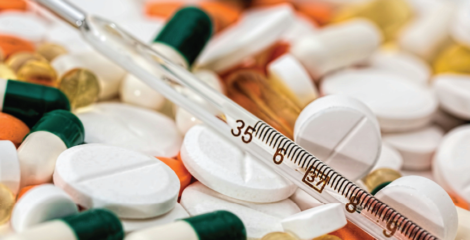- UAE’s Titan Lithium partners with Khalifa Economic Zones Abu Dhabi (KEZAD Group) to establish a lithium processing facility in KEZAD Al Ma’mourah, with a planned investment of USD 1.4 billion.
- The facility, spanning three development phases and covering over 290,000 square meters, will produce battery-grade lithium carbonate and lithium hydroxide to meet the global demand from battery and electric vehicle manufacturers.
- With an annual processing capacity of approximately 150,000 tonnes of lithium imported from Zimbabwe, the plant will play a vital role in positioning Abu Dhabi as a key player in the lithium processing sector, underlining the UAE’s commitment to sustainability and the transition to electric and hybrid vehicles.
Intending to elevate the adoption of electric and hybrid vehicles to 50% of total vehicle sales by 2025, the UAE is forging ahead in its sustainability efforts.
Khalifa Economic Zones Abu Dhabi (KEZAD Group) and Titan Lithium, a UAE-based company, have inked a 50-year land lease agreement to establish a lithium processing facility within Khalifa Industrial Area (KEZAD Al Ma’mourah), with an estimated investment of 5 billion UAE dirhams ($1.36 billion).
Spanning three development phases, the plant will manufacture battery-grade lithium carbonate and lithium hydroxide, catering to battery manufacturers and electric vehicle (EV) original equipment manufacturers (OEMs) worldwide.
Encompassing over 290,000 square meters, the facility will annually process around 150,000 tonnes of lithium imported from Titan Lithium’s mines in Zimbabwe, utilizing the adjacent Khalifa Port for logistics.
“Lithium holds the key to our energy future, and through this initiative, we’re positioning Abu Dhabi as a pivotal player in the global lithium processing landscape,” remarked Vaibhav Jain, the founder and president of Titan Lithium Industries.
Aligned with its ambition to achieve net-zero emissions, the UAE is committed to escalating the proportion of electric and hybrid vehicles to 50% of total vehicle sales by 2050, thereby propelling demand for battery materials domestically.
If you see something out of place or would like to contribute to this story, check out our Ethics and Policy section.














